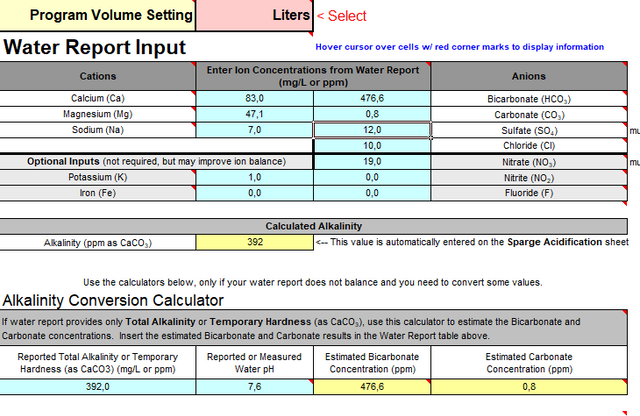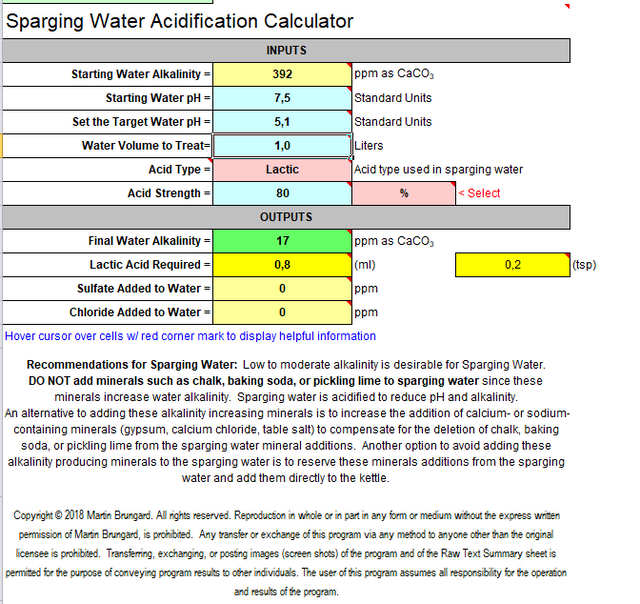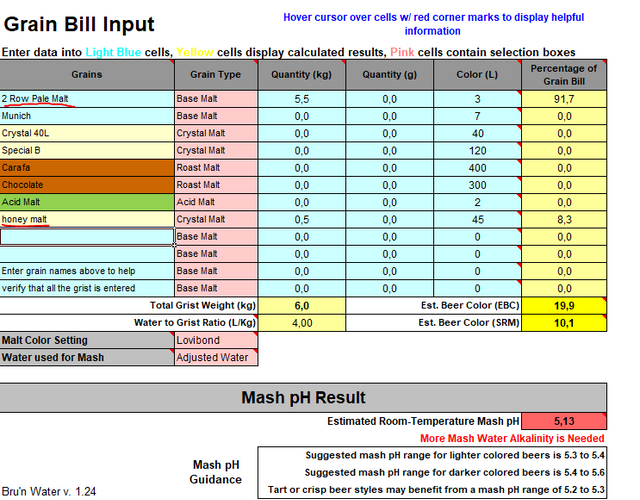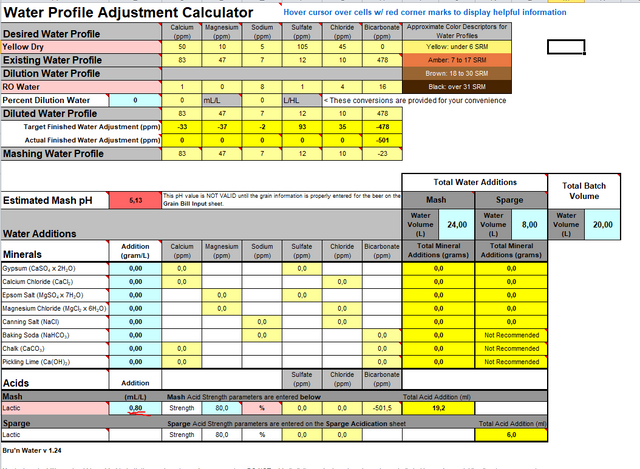Dear All!
I will make my first neipa in a week. i've already bought the ingredients, i have 4-5 days until brew-day. Until that i'd like to get some info about neipa brewing.
I have a question about yeast. I've bought wyeast http://www.wyeastlab.com/yeast-strain/london-ale-iii 1318 liquid yeast. I'd like to ferment 20L of beer. (I will brew with biab method). So my question is should i create a yeast starter or not? I have a magnetic stirrer for this and DME. But i've read on several sites that for example for a neipa a lower amount of yeast (no starter) can be good because of the esters. Other site says (and i've learned that too) that starter is necessary because of the higher OG.
So what can you recommend for me? Shall i create a starter from my 1318 whyeast or not for a neipa? (aroma hops i'll use: galaxy, citra, amarillo)
Thanks in advance!
I will make my first neipa in a week. i've already bought the ingredients, i have 4-5 days until brew-day. Until that i'd like to get some info about neipa brewing.
I have a question about yeast. I've bought wyeast http://www.wyeastlab.com/yeast-strain/london-ale-iii 1318 liquid yeast. I'd like to ferment 20L of beer. (I will brew with biab method). So my question is should i create a yeast starter or not? I have a magnetic stirrer for this and DME. But i've read on several sites that for example for a neipa a lower amount of yeast (no starter) can be good because of the esters. Other site says (and i've learned that too) that starter is necessary because of the higher OG.
So what can you recommend for me? Shall i create a starter from my 1318 whyeast or not for a neipa? (aroma hops i'll use: galaxy, citra, amarillo)
Thanks in advance!
















![Craft A Brew - Safale S-04 Dry Yeast - Fermentis - English Ale Dry Yeast - For English and American Ales and Hard Apple Ciders - Ingredients for Home Brewing - Beer Making Supplies - [1 Pack]](https://m.media-amazon.com/images/I/41fVGNh6JfL._SL500_.jpg)















































